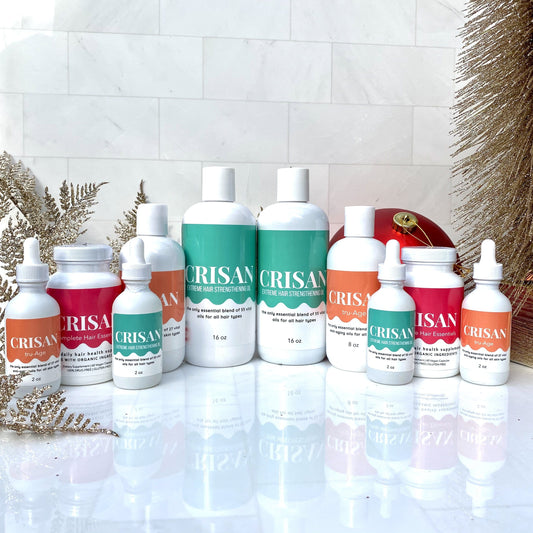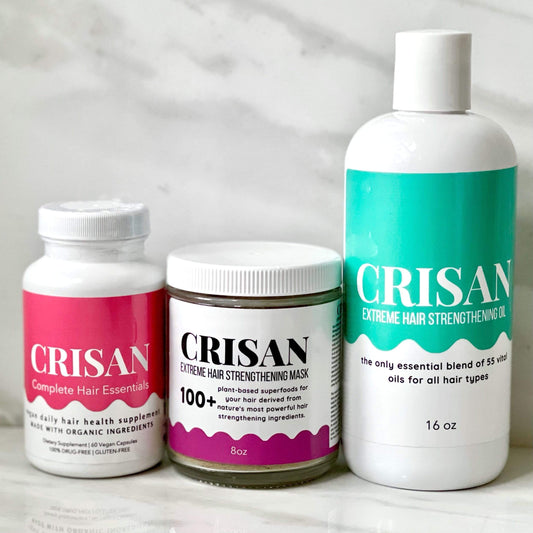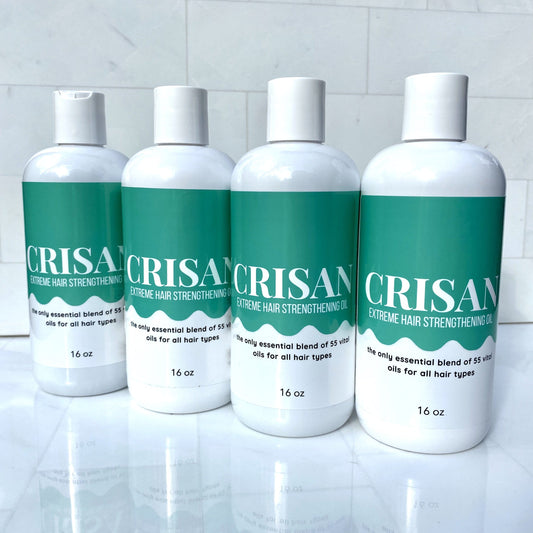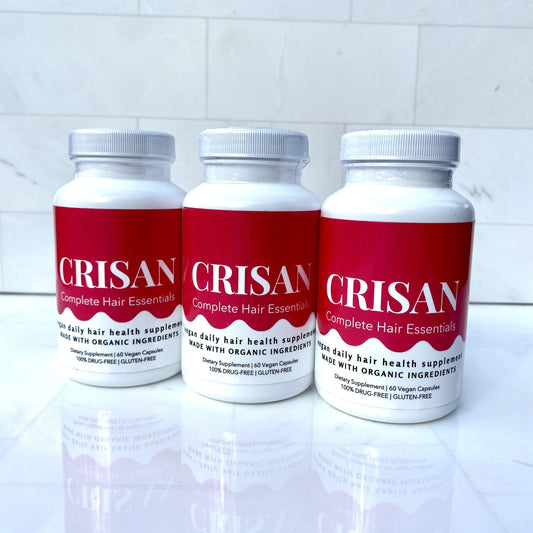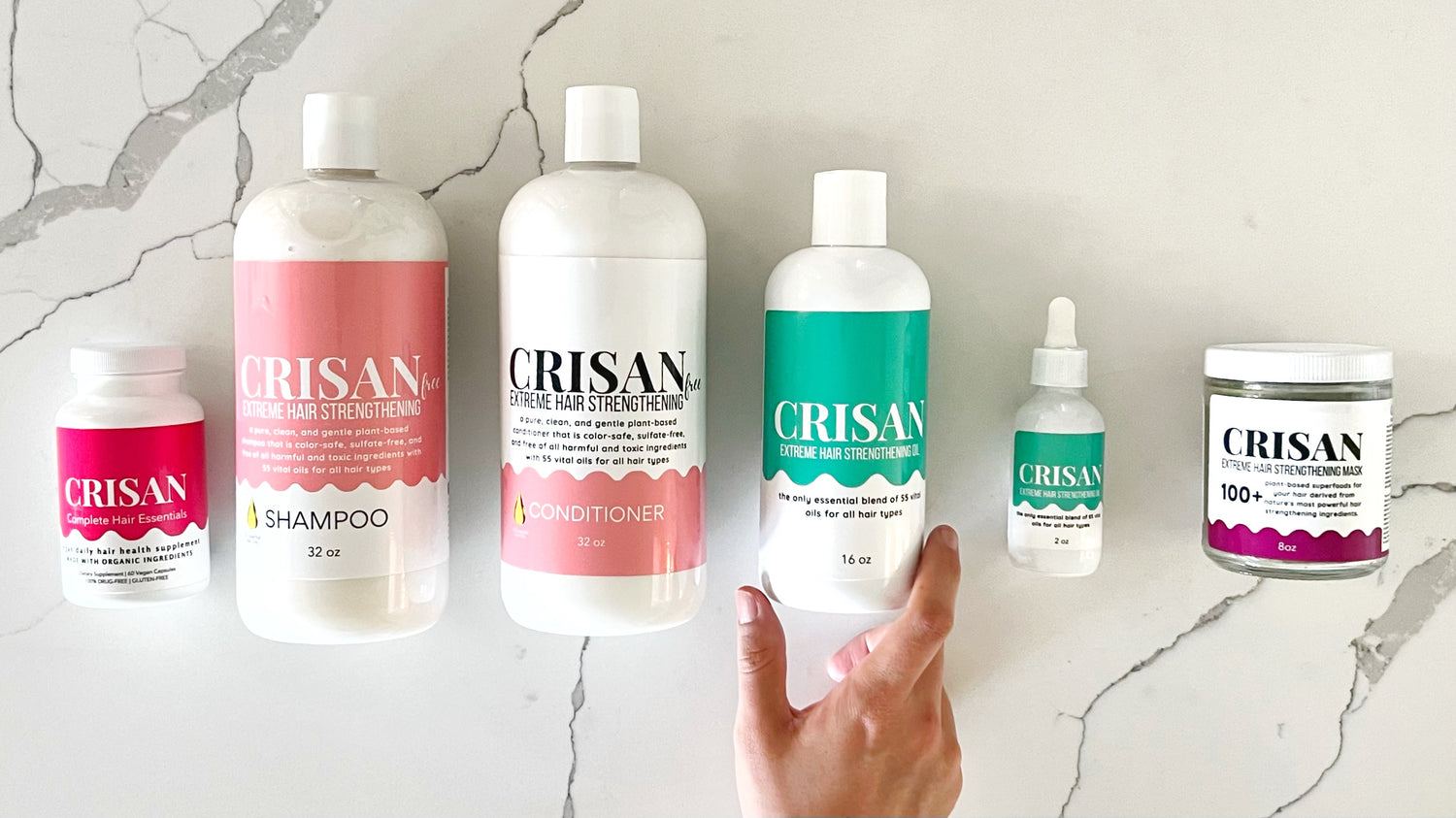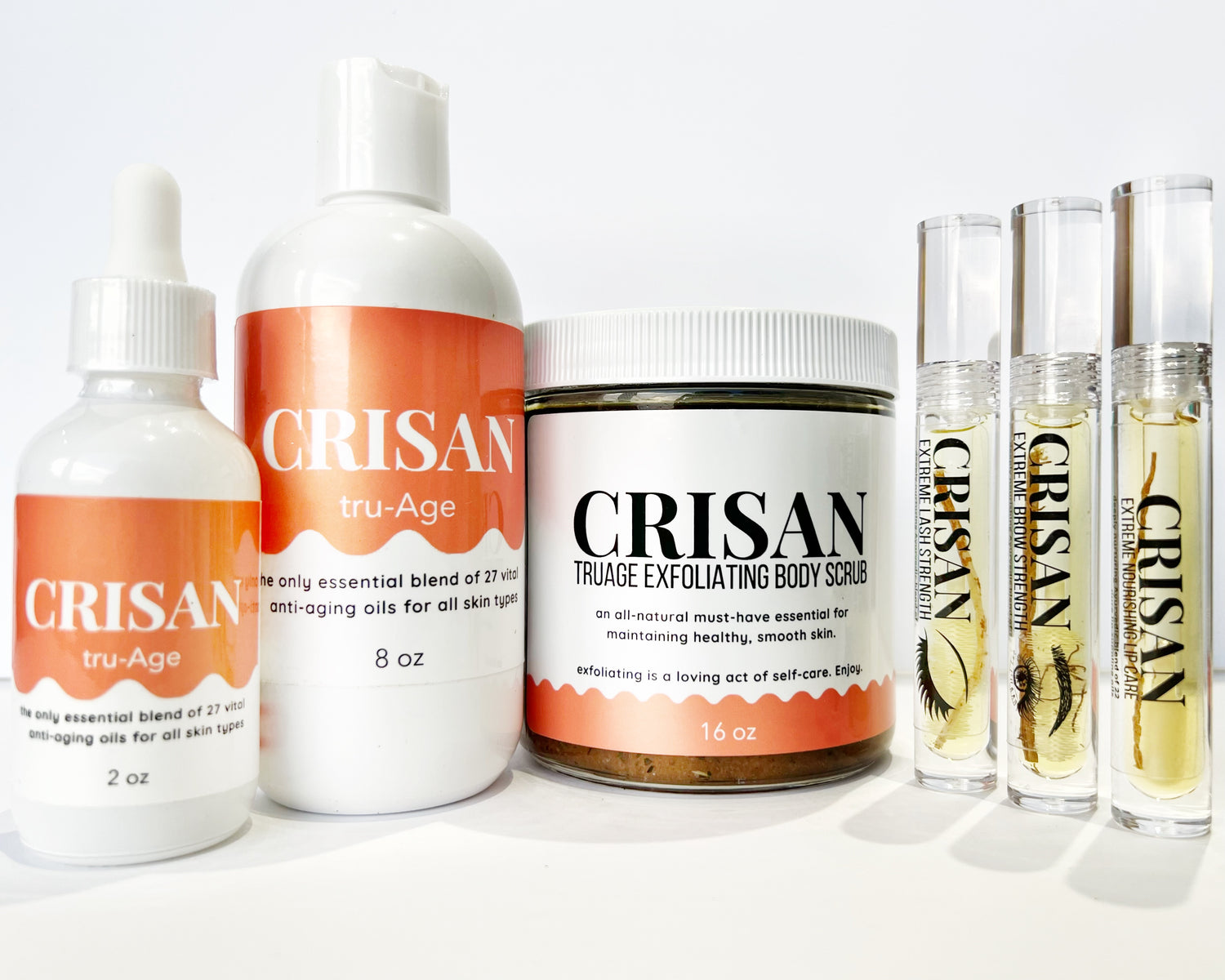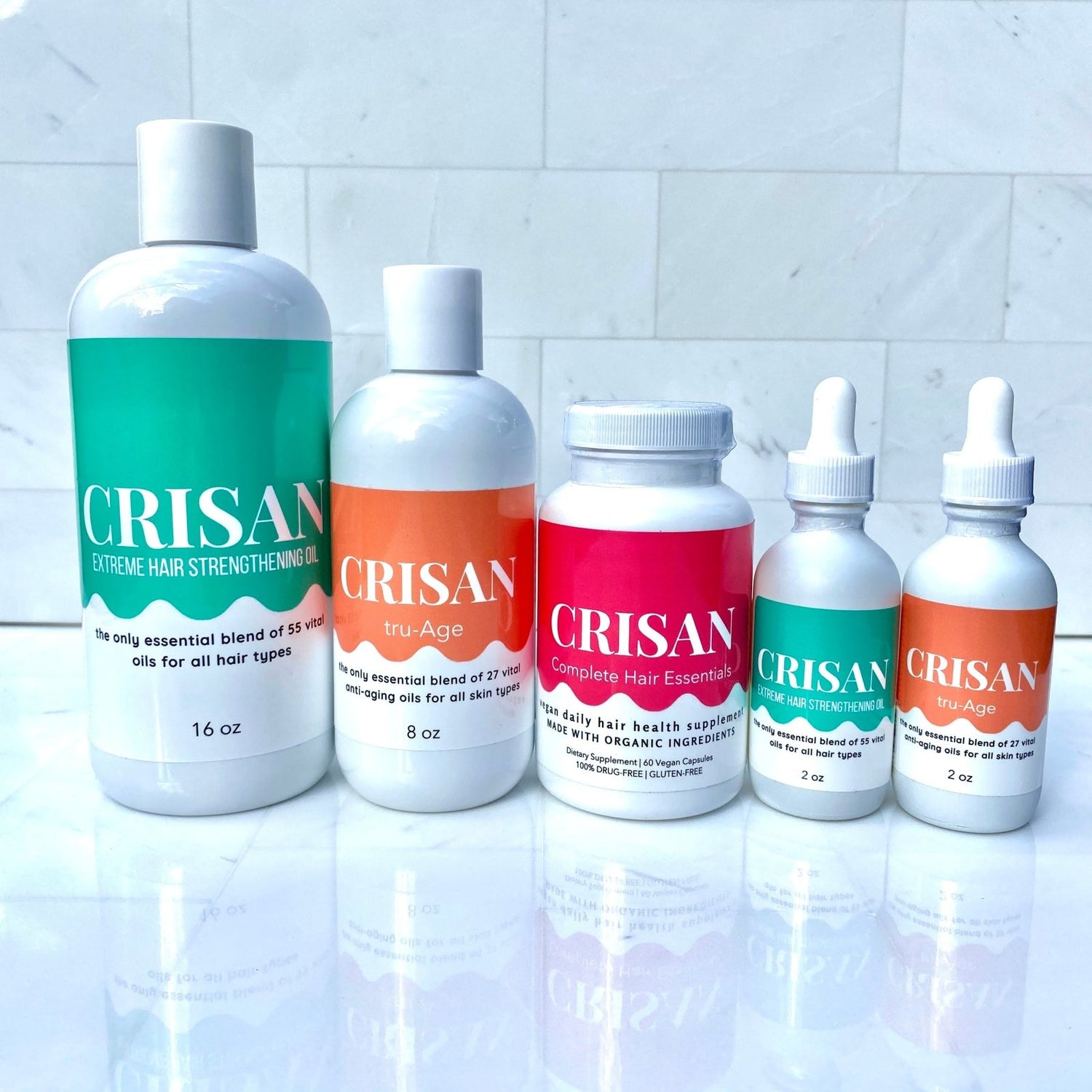The journey to healthy hair growth begins with the right products. Essential oils have been known for centuries to promote hair health and stimulate hair growth. Among the numerous botanical extracts, some stand out for their rejuvenating effects on the scalp and hair follicles. By incorporating the right essential oils for hair, you can experience noticeable improvements in the thickness and texture of your tresses.
Key Takeaways
- Lavender essential oil can speed up hair growth and improve scalp health due to its antimicrobial and antibacterial properties.
- Peppermint essential oil stimulates hair follicles and promotes hair growth by increasing blood circulation to the scalp.
- Rosemary essential oil is known for its ability to improve cellular generation, making it an excellent choice for hair growth.
- Tea tree essential oil helps maintain a healthy scalp by combating dandruff and microbial infections.
- Combining different essential oils with suitable carrier oils can enhance their effectiveness and provide optimal hair growth results.
Lavender Essential Oil for Hair Growth
Lavender oil can speed up hair growth. Knowing that lavender oil has properties that can generate the growth of cells and reduce stress, researchers on one animal study found that this oil was able to generate faster hair growth in mice. It also has antimicrobial and antibacterial properties, which can improve scalp health.
To use lavender oil for hair growth, Engelman suggests adding a few drops to a carrier oil (such as melted coconut oil), massaging it into your scalp and leaving it on your hair for 10 minutes. Engelman likes NOW Essential Lavender Oil, and says, "[It's] high quality, affordable, super accessible and comes in a variety of sizes, so you can get enough of your favorite oil for your beauty treatment and for your diffuser."
Lavender oil can speed up hair growth. Lavender oil has properties that can induce cell growth and reduce stress, animal researchers have found that this oil can induce rapid hair growth than. Lavender oil also has antibacterial properties, which can improve scalp health. Mix a few drops of lavender oil with 3 tablespoons of a carrier oil, such as: Olive oil or coconut oil and apply directly to the
Peppermint Essential Oil: A Stimulating Choice
Benefits of Peppermint Oil
Peppermint oil can cause a cold, tingling feeling when it increases circulation to the area it’s applied to. This can help promote hair growth during the anagen (or growing) phase. Peppermint oil contains menthol, which causes the blood vessels just under the skin to dilate. This additional blood flow could help to promote further hair growth. In fact, a 2014 mice study confirmed that peppermint oil increases the number of follicles and their depth, improving overall hair growth and thickness.
How to Apply Peppermint Oil
Rather than putting peppermint essential oil in a hair mask, experts suggest adding a few drops to your shampoo. You don't want to leave this one on too long, so you should incorporate it with your shampoo and leave it on for about five minutes before rinsing out. This method ensures that the oil is evenly distributed and can provide its cooling sensation without causing irritation.
Safety Tips for Peppermint Oil
Essential oils are usually well-tolerated when diluted in a carrier oil. However, some people may experience allergic reactions, including itching, swelling, and irritation. Always perform a patch test before using peppermint oil on your scalp. If you experience any adverse reactions, discontinue use immediately.
Peppermint essential oil is fresh, stimulating, and uplifting, and can help promote hair growth. Increased blood flow to the scalp is especially beneficial for hair growth during the anagen phase, as it helps deliver essential nutrients and oxygen to starved hair follicles.
Rosemary Essential Oil: Nature's Hair Growth Booster
Advantages of Rosemary Oil
Rosemary essential oil contains carnosic acid, which increases circulation, cellular turnover, and nerve growth, leading to thicker hair. Its stimulative properties also balance oily discharge around your follicles. Rosemary essential oil may help hair grow and could prevent hair loss.
Application Methods for Rosemary Oil
Mix a few drops of rosemary oil with olive or coconut oil, and apply to the scalp. Leave it on for at least 10 minutes before washing it off with shampoo. Do it twice a week for best results. Apply six to eight drops of the oil with your fingers and smooth into your scalp, extending to the tips of your hair strands, and then massage for three to five minutes.
Potential Side Effects
According to one study, rosemary oil performed as well as minoxidil, a common hair growth treatment, but with less scalp itching as a side effect. Plus, using rosemary oil on the hair's shafts may also reduce hair breakage and promote better scalp wellness in general.
If you want to improve both hair thickness and hair growth, rosemary oil is a great choice with its ability to improve cell turnover.
Tea Tree Essential Oil for a Healthy Scalp
Benefits of Tea Tree Oil
Tea tree essential oil is a common ingredient in dandruff care products. It’s a powerful antibacterial and antimicrobial agent that unclogs hair follicles, promoting healthy growth. A 2002 study confirmed that tea tree essential oil alleviated scalp itchiness and greasiness, reducing the urge to scratch the scalp and damage hair follicles. Although it doesn’t encourage hair growth, its antifungal and anti-inflammatory properties keep your scalp healthy.
How to Use Tea Tree Oil
Tea tree oil has strong scalp cleansing and antibacterial properties. When used topically, tea tree oil can help draw out hair follicles and increase hair growth. Tea tree oil can be extracted in many concentrations, so when using tea tree oil follow the manufacturer's instructions. Some are concentrated tea tree oil, and others are mixed in cream form.
Precautions and Safety
Tea tree oils come in many concentrations, so it’s important to follow the manufacturer’s directions. Some are highly concentrated essential oils, and other products are mixed in a cream or oil. How to improve scalp health with organic solutions for thinning hair often involves using tea tree oil, but always ensure you are using the correct concentration to avoid irritation.
Tea tree oil is one of the most popular essential oils, as it's known for its cleansing, antibacterial and antimicrobial properties. We often see tea tree in anti-acne products or in DIY treatments, as it's very effective, and those same benefits also help improve scalp health.
Cedarwood Essential Oil: Strengthening Your Hair
Benefits of Cedarwood Oil
Cedarwood essential oil is said to promote hair growth and reduce hair loss by balancing the oil-producing glands on the scalp. It also has antifungal and antibacterial properties, which can treat various conditions that can cause dandruff or hair loss. This essential oil strengthens your hair follicles, which are vital for hair growth and repair.
How to Apply Cedarwood Oil
Mix a few drops of cedarwood essential oil with 2 tablespoons of a carrier oil of your choice. Massage it into your scalp, and leave it on for 10 minutes before washing it out. Using a mixture with lavender and rosemary, cedarwood extract forms a hair growth essential oil blend that improves hair loss.
Safety Considerations
While cedarwood essential oil is generally safe, it is important to perform a patch test before using it extensively. If you experience any irritation or allergic reactions, discontinue use immediately. Pregnant women and individuals with certain medical conditions should consult a healthcare provider before using cedarwood essential oil.
Cedarwood essential oil can be a powerful addition to your hair care routine, offering both growth-promoting and protective benefits.
Ylang Ylang Essential Oil for Hair Nourishment
Benefits of Ylang Ylang Oil
Ylang ylang essential oil is ideal for those with dry scalps, as it can stimulate sebum production. This natural benefit helps improve hair texture and reduce hair breakage. Additionally, ylang ylang oil can naturally condition your hair, keeping it shiny and reducing moisture loss. Inhaling ylang ylang essential oils also reduces stress levels, which can help minimize stress-induced hair loss.
How to Use Ylang Ylang Oil
To use ylang ylang oil, mix 5 drops of the essential oil with 2 tablespoons of warm oil. Massage it into your scalp and wrap your head with a warm towel. Leave it in for 30 minutes before washing it out. Ylang ylang can also be found in preparations such as shampoo or creams.
Precautions and Safety Tips
While ylang ylang oil is beneficial for dry scalps, those with oily hair and skin might want to skip this one. Always perform a patch test before using any new essential oil to ensure you don't have an allergic reaction. If you experience any irritation, discontinue use immediately.
Combining Essential Oils for Optimal Hair Growth
Creating Your Own Blend
Combining essential oils can be a powerful way to enhance their benefits for hair growth. Popular combinations include rosemary, thyme, and lavender, or peppermint and lavender with coconut oil. Essential oils are very concentrated, so always mix them in small amounts with carrier oils before massaging them onto the scalp. This practice can help stimulate hair growth related to inflammation or poor blood flow to the scalp.
Best Carrier Oils to Use
When blending essential oils, it's crucial to choose the right carrier oil. Some of the best options include:
- Coconut oil: Known for its deep moisturizing properties.
- Jojoba oil: Mimics the natural oils of the scalp.
- Olive oil: Rich in antioxidants and vitamins.
- Grapeseed oil: Lightweight and non-greasy.
These carrier oils not only dilute the essential oils but also provide additional benefits to your hair and scalp.
Tips for Effective Application
To get the most out of your essential oil blend, follow these steps:
- Add 2-3 drops of your chosen essential oils to a tablespoon of carrier oil.
- Using your fingers, apply six to eight drops of the oil mixture into your scalp and to the tips of your hair strands.
- Massage your scalp for three to five minutes to stimulate blood flow.
- Leave the oil in for at least 10 minutes before washing it out with your regular shampoo and conditioner.
Discover natural remedies for thinning hair in 2024. Use coconut, castor, and argan oils for hair strengthening. Lifestyle changes and shampoo tips for healthier locks.
By incorporating these steps into your routine, you can effectively use essential oils to promote hair growth and improve scalp health.
Discover the perfect blend of essential oils to boost your hair growth journey. Our expertly crafted combinations are designed to nourish your scalp and strengthen your hair from root to tip. Don't miss out on achieving your hair goals! Visit our website to explore our range of products and find the perfect solution for your hair care needs.
Conclusion
Incorporating essential oils into your hair care routine can be a transformative experience for your hair health. From lavender to peppermint, each essential oil offers unique benefits that address specific hair needs, whether it's stimulating hair follicles, improving scalp health, or combating stress and inflammation. Regularly massaging your scalp with a blend of these oils can significantly enhance hair growth and overall hair quality. Essential oils are not only effective but also a natural and cost-efficient alternative to many commercial hair products. By understanding the properties and benefits of each oil, you can make an informed choice that best suits your hair care needs. Embrace the natural power of essential oils and take a step towards healthier, stronger, and more vibrant hair.
Frequently Asked Questions
How do essential oils promote hair growth?
Essential oils combat hair loss and promote hair growth by stimulating hair follicles, improving scalp health, and treating stress, anxiety, inflammation, and sebum overproduction. They can lengthen new growth periods and are often more effective and less expensive than store-bought hair products.
How do I choose the right essential oil for my hair needs?
Choosing the right essential oil depends on your specific hair needs. For example, lavender oil is great for overall scalp health, while peppermint oil is known for its stimulating properties. Research the benefits of each oil to find the one that best suits your requirements.
Can applying essential oils to the scalp really stimulate hair growth?
Yes, applying essential oils to the scalp can stimulate hair growth. Essential oils like lavender, peppermint, and rosemary have been shown to promote hair growth by improving scalp health and stimulating hair follicles.
How should I use essential oils for hair growth?
To use essential oils for hair growth, dilute a few drops of the essential oil in a carrier oil like coconut or jojoba oil. Massage the mixture into your scalp and leave it on for at least 30 minutes before washing it out. Regular application can yield better results.
Are there any side effects of using essential oils on the scalp?
While essential oils are generally safe, they can cause irritation or allergic reactions in some people. Always perform a patch test before using a new essential oil. Diluting the essential oil in a carrier oil can also help minimize potential side effects.
Can I combine different essential oils for better results?
Yes, combining different essential oils can offer synergistic benefits for hair growth. You can create your own blend by mixing oils like lavender, rosemary, and peppermint. Make sure to dilute the blend in a carrier oil for safe application.


